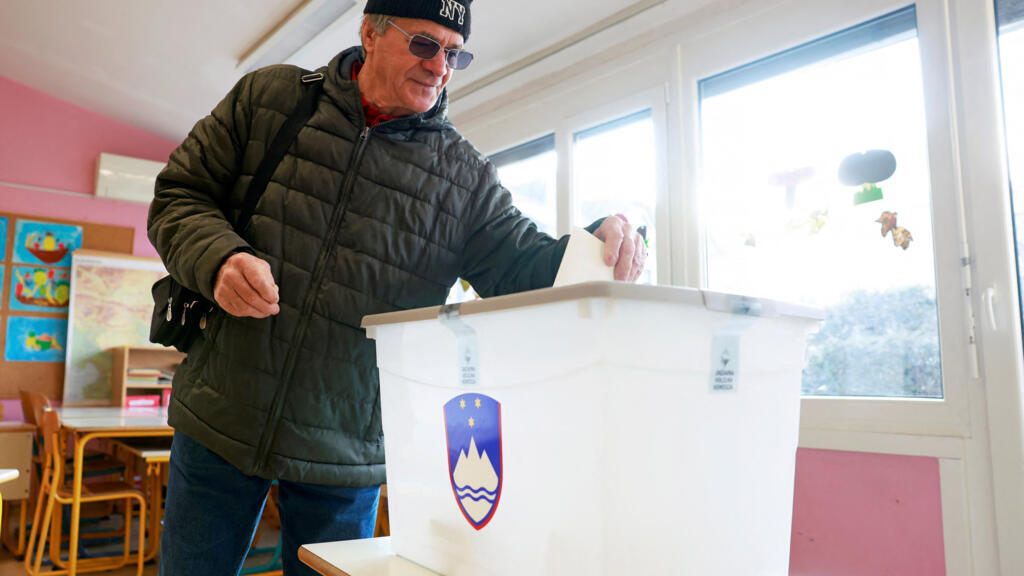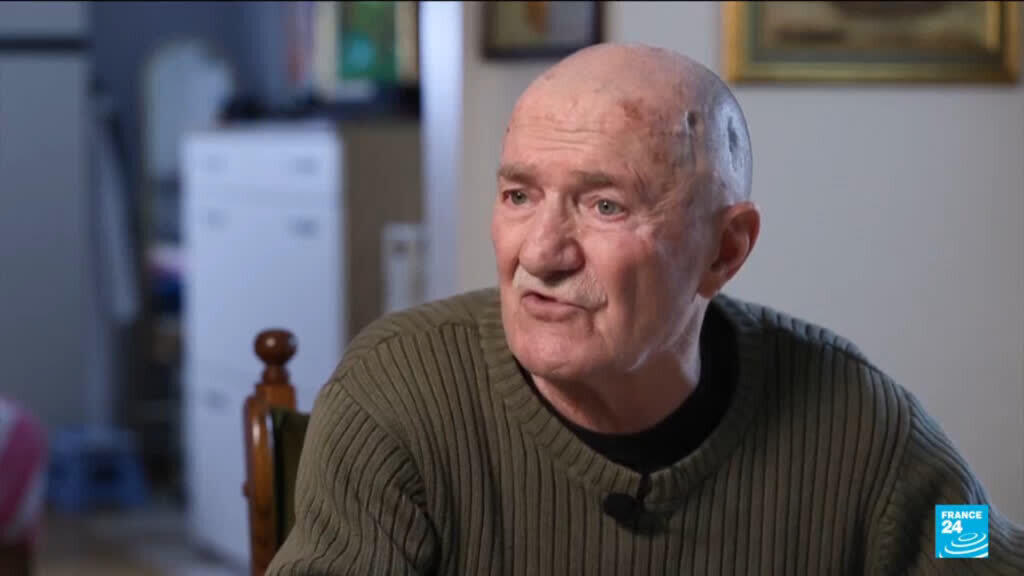Slovenia referendum: Where is assisted dying legal?
PositiveWorld Affairs
- Slovenia recently held a referendum where voters rejected a law that would have legalized assisted dying for terminally ill adults, with approximately 53% opposing the measure. This decision follows parliamentary approval of the law earlier in July, highlighting a significant public sentiment on the contentious issue of euthanasia.
- The outcome of this referendum is crucial as it reflects the societal attitudes towards assisted dying in Slovenia, a topic that has sparked considerable debate among various political and social groups, particularly conservative factions.
- This development is part of a broader global trend where several countries are reconsidering their stances on euthanasia and assisted dying, indicating a growing divide in public opinion and legislative action on this sensitive issue, as seen in other nations grappling with similar ethical dilemmas.
— via World Pulse Now AI Editorial System


